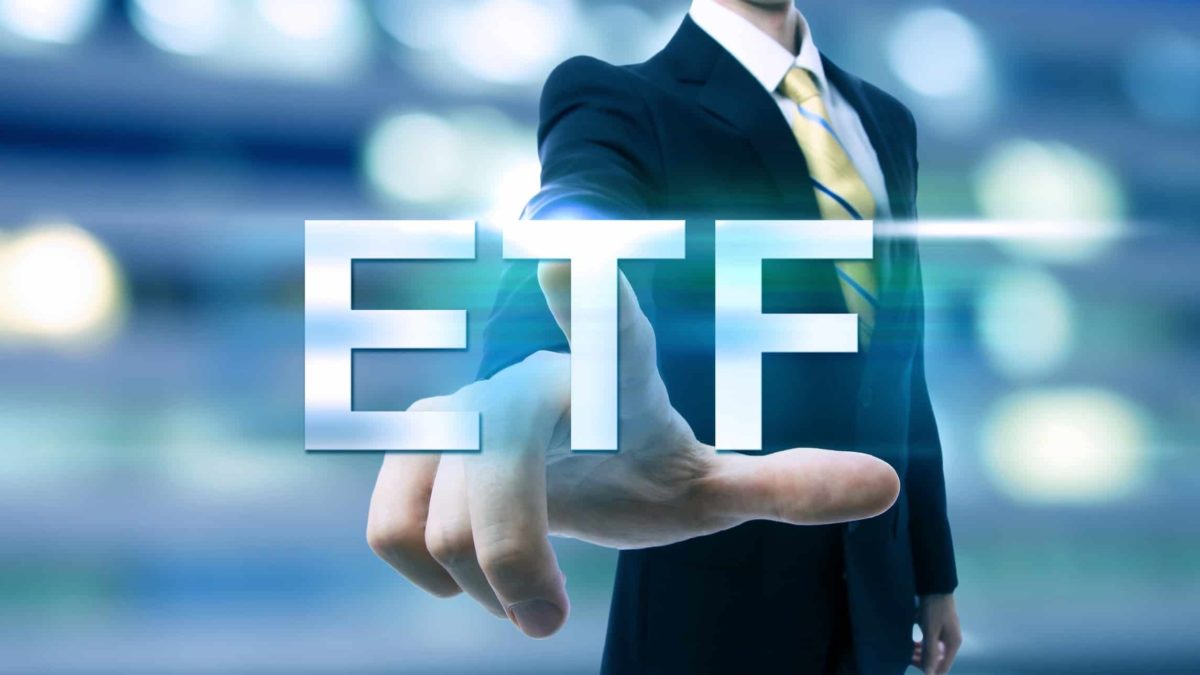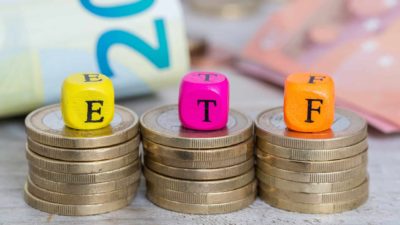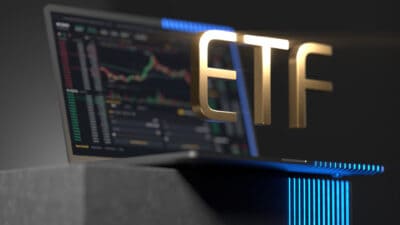I love looking at ASX-listed exchange-traded funds (ETFs) which offer both diversification and a good investment strategy that can lead to good returns.
I believe that the international share market is full of opportunities – the ASX only accounts for 2% of the global share market
It's easy in hindsight to say which ASX ETFs are good picks. But, in my opinion, the ones that have done very well could continue to do well, despite the strong performance over the past year.
VanEck MSCI International Quality ETF (ASX: QUAL)
The QUAL ETF unit price has risen by around 33% over the past year, outperforming the S&P/ASX 200 Index (ASX: XJO) which only rose by 2%.
The idea is that it's invested in the world's highest-quality companies which rank well on key fundamentals including a high return on equity (ROE), earnings stability and low financial leverage.
It's invested in around 300 of these quality companies from across the world, with good allocations to countries like Switzerland, the UK, Japan, Denmark and a few more. The biggest weighting is to the US, which has an allocation of 74%.
A year ago, QUAL ETF's portfolio was suffering (in valuation terms) from the fear surrounding interest rates and valuation. Confidence has come soaring back and the ongoing earnings strength has been reassuring.
Past performance is not a guarantee of future performance, but since its inception in October 2014, the QUAL ETF has delivered an average return per annum of around 15%. I think it's capable of producing net returns of more than 10% per annum over the long term because of its focus on quality metrics.
Betashares Global Cybersecurity ETF (ASX: HACK)
The HACK ETF unit price has climbed by 44% over the last year, which is a very strong rise for an ASX ETF with no leverage (debt).
In my eyes, this is one of the strongest ETFs around and it's exposed to a strong tailwind.
Cybersecurity is a very integral industry because of the important nature of what it protects – government data, online banking, e-commerce, internal business data, and so on.
We've seen a number of large Australian businesses hit by cyber attacks in recent times including Optus, Medibank Private Ltd (ASX: MPL) and IPH Ltd (ASX: IPH). Hopefully, lots of other companies have upgraded their protection so they're not the next ones to be hit. Even small businesses and households can be vulnerable to cyber attacks as well.
There's not a lot of diversification with this portfolio – there are only around 30 names, and they're all focused on cybersecurity. But, I think that's a good thing. With more digital adoption by the world, there's an ever-growing need to have adequate protection.
According to Statista, the size of the global cybersecurity market is projected to grow by 92% in the seven years between 2023 to 2030. I think this can continue to drive the profitability of the HACK ETF's global holdings higher, and this can lead to solid investment returns.
Although past performance is not a guarantee of future returns, the HACK ETF has delivered an average return per annum of 17% since inception in August 2016.









